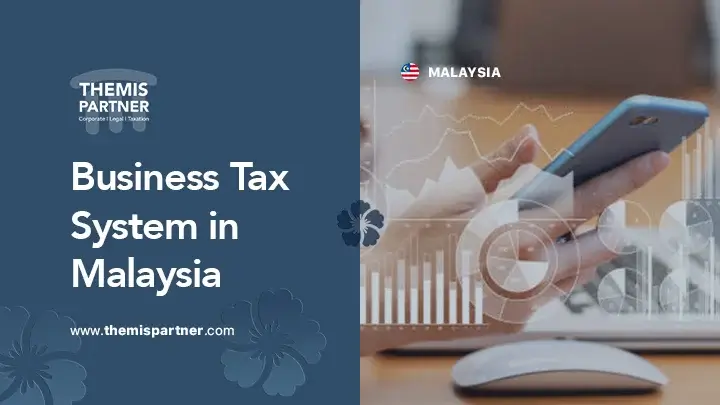How Employees Provident Fund (EPF) Works
The Employees Provident Fund (EPF) is a mandatory savings scheme for Employees in Malaysia. Under this scheme, a percentage of an employee’s monthly salary is deducted and deposited into their EPF account. The employer also contributes a certain amount on behalf of the employee. The EPF account functions as a retirement savings account, and the funds can be withdrawn when the employee reaches retirement age or under certain circumstances such as purchasing a house, education, or medical expenses. To withdraw funds, an employee must submit an Employment Certificate as proof of employment. The employment certificate must include the duration of employment, salary, and any contributions made to the EPF during the employment period.
Ask our experts to help you with your employment certificate
310 client reviews (4.8/5) ⭐⭐⭐⭐⭐
How Employees Provident Fund (EPF) Works
EPF contributions and withdrawals are an important aspect of the Malaysian government’s efforts to ensure retirement security for its citizens. Employees are required to contribute a portion of their salary to the EPF, which is then matched by their employer. The contributions are invested by the EPF, generating returns that help grow the savings in the account. When an employee reaches the age of 55, they become eligible to withdraw their EPF savings, either partially or fully. Alternatively, they can choose to keep their savings in the account to continue earning returns until they reach the age of 60, after which the savings can be fully withdrawn. However, there are certain conditions under which an employee may withdraw their savings before reaching the age of 55, such as for medical treatment, education expenses, or purchasing a home. In such cases, an application must be made to the EPF, and documentation, including an employment certificate, may be required.
EPF Investment Schemes and Returns
The EPF Investment Scheme allows contributors to invest a portion of their savings in approved investment instruments such as unit trusts, equities, and bonds. The EPF actively manages these investments to ensure the safety and growth of the fund. The EPF has consistently delivered positive returns to its contributors over the years, with an average dividend rate of 5.45% per annum for the past decade. The returns generated from the EPF’s investments are credited to the contributors’ accounts annually. In addition to the annual dividends, contributors can also enjoy potential capital gains on their investments. However, it is important to note that investment comes with risks, and past performance is not a guarantee of future returns. EPF contributors are advised to exercise caution and prudence when choosing investment schemes. You may seek professional advice from our Lawyers if necessary.
EPF vs. Private Retirement Schemes
EPF and private retirement schemes in Malaysia differ in several key ways. Here are some of the differences:
| ➤ Mandatory vs. Voluntary: EPF is a mandatory retirement scheme for all employees in Malaysia, while private retirement schemes are voluntary. |
| ➤ Contributions: EPF contributions are based on a percentage of the employee's salary and are made by both the employee and employer. Private retirement schemes allow members to contribute varying amounts, and there are no mandatory employer contributions. |
| ➤ Withdrawals: EPF has strict rules regarding withdrawals, and members can only withdraw their funds under certain circumstances, such as retirement, disability, or for housing purposes. Private retirement schemes offer more flexibility, and members can withdraw their funds at any time. |
| ➤ Management: EPF is managed by the government, while private retirement schemes are managed by private fund managers. |
| ➤ Investment Options: EPF invests its funds in various investment instruments, including equities, fixed income securities, and real estate. Private retirement schemes offer a wider range of investment options, and members can choose from various funds with different risk profiles and investment goals. |
In summary, while EPF is a mandatory retirement scheme with strict rules regarding contributions and withdrawals, private retirement schemes offer more flexibility and a wider range of investment options for those who want to plan for their retirement.
In conclusion, the Employees Provident Fund (EPF) is a crucial social security organization that provides retirement benefits and savings for employees in Malaysia. Through its contribution system, EPF aims to secure financial stability and ensure a comfortable retirement for its members. As an employee or employer in Malaysia, understanding EPF and its workings is essential to make informed decisions about your financial future. Remember to make the most of this investment opportunity and secure your financial stability for the future.










